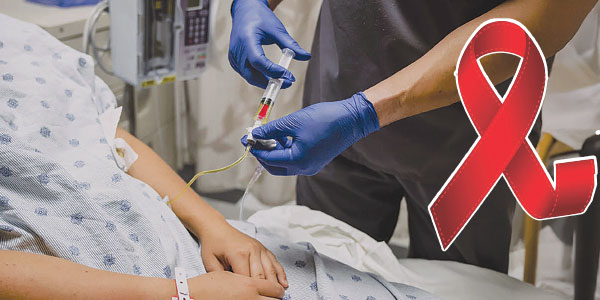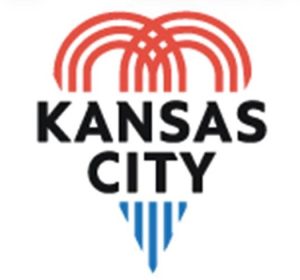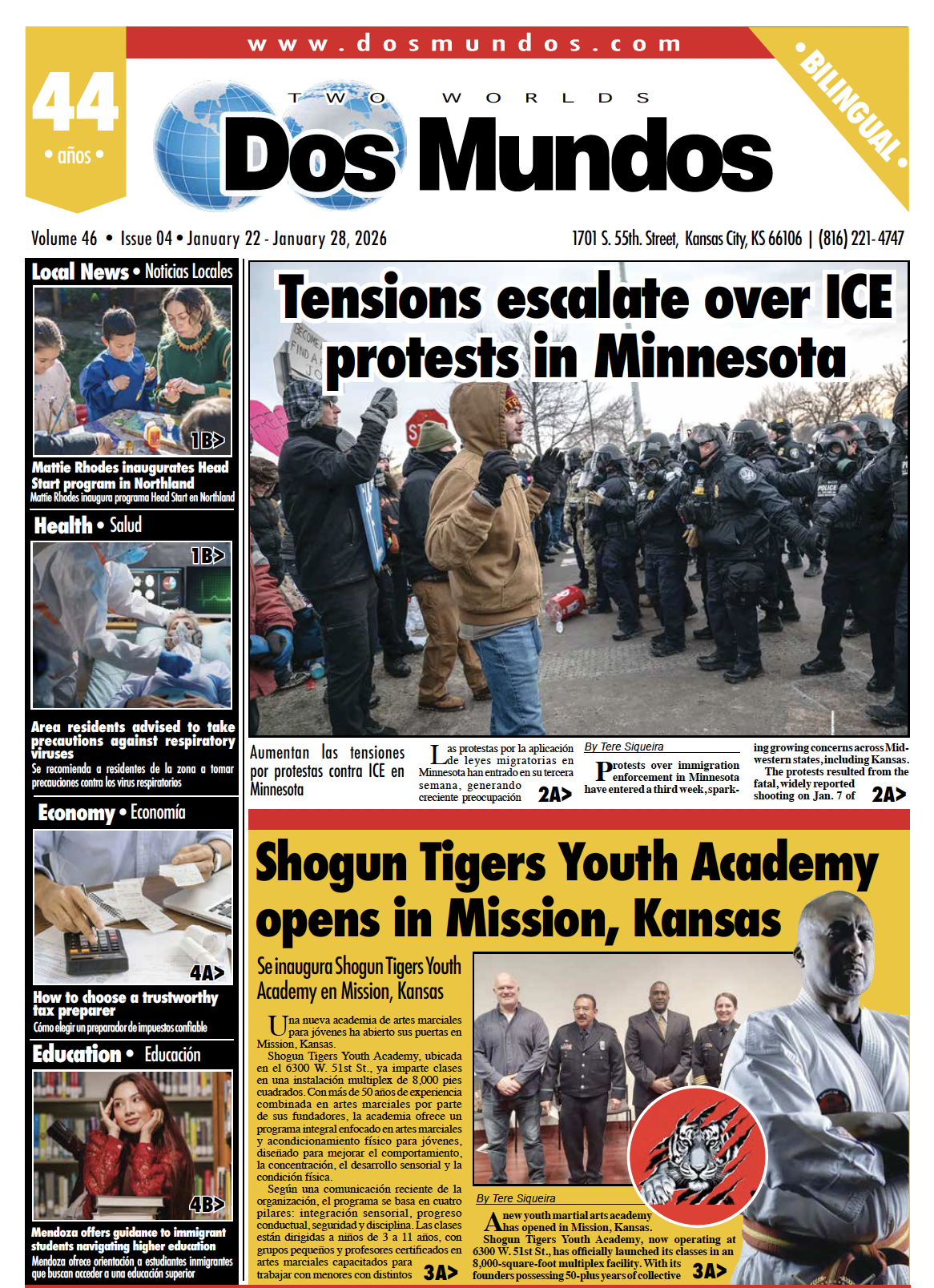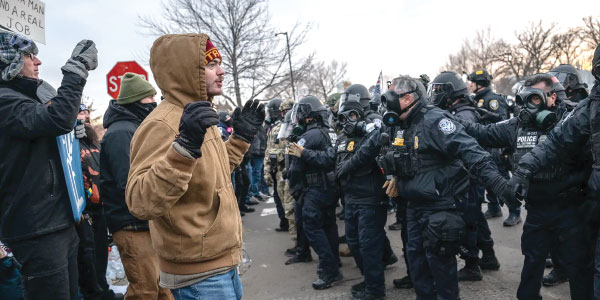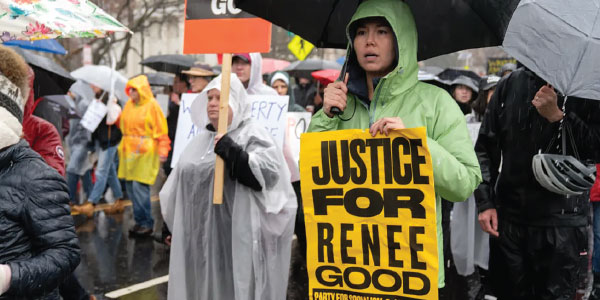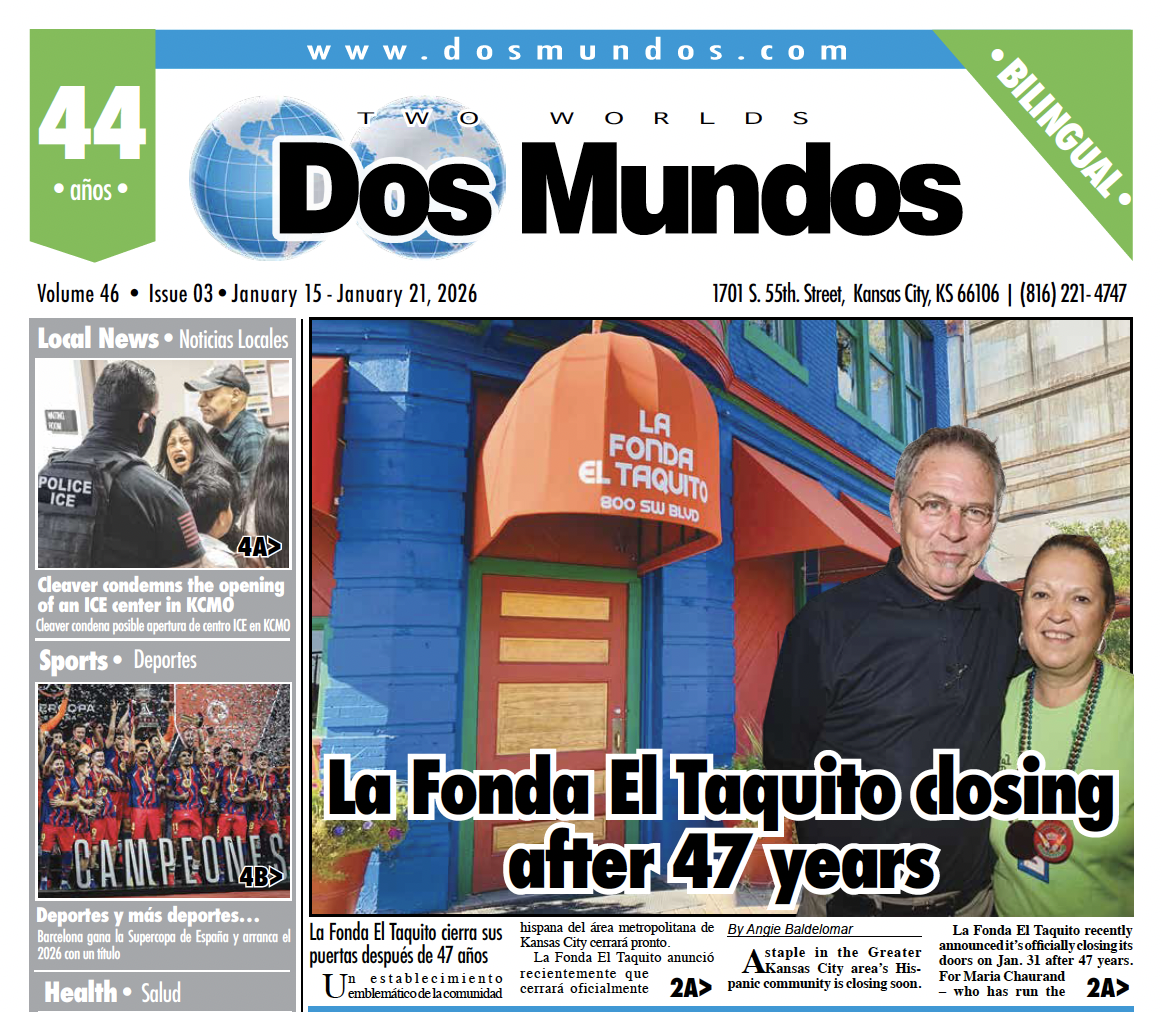By Tere Siqueira
The Greater Kansas City area has seen a jump in HIV infections.
As the news agency The Beacon recently reported, infections jumped from 206 in 2023 to 227 in 2024 for an 11-country area of Missouri and Kansas, citing data from the Kansas City, Missouri, Health Department. Sean Ryan with the department told the news agency it was the second straight year infections had increased.
The increases are partly because of the pausing of outreach and testing programs during the height of the COVID pandemic, Ryan told The Beacon. If services continue to be disrupted, then there could be additional increases, Ryan cautioned.
According to The Beacon, services could continue to be disrupted, given the uncertainty health agencies face regarding federal funding. As multiple news agencies reported, the Trump administration recently passed the One Big Beautiful Bill Act. As news agencies also reported, the legislation could result in cuts to HIV-related programs.
Per news agency reports, the legislation also could result in millions of Americans losing health insurance. That could make it more difficult for people at risk of HIV to access prevention programs and for HIV patients to be treated.
As The Beacon reported, Missouri was experiencing delays regarding HIV outreach before the One Big Beautiful Bill Act had been passed. On June 17, Missouri’s Department of Health and Senior Services instructed the Kansas City Health Department and other agencies in the state to suspend their federally funded HIV prevention work because of delayed reimbursements. Funding was approved June 26, The Beacon stated, citing Ryan as its source.
People who might be affected by reductions in federal funding have some options. They include undergoing free HIV testing at select locations of the Walgreens drugstore chain or though government agencies and nonprofit organizations that offer them.
The Kansas City Health Department is one agency that offers free HIV testing. As The Beacon reported, it did so during June through a mobile clinic that was set up at Walgreens locations and community events like Health on the Block, staged at Kansas City Central High School.
During the Health on the Block event, 32 people were tested for sexually transmitted infections and four positive cases were detected, The Beacon reported.
“That’s a huge return on investment,” Ryan told the news agency.
Casos de VIH aumentan un 10% en el área metropolitana de Kansas City
El área metropolitana de Kansas City ha registrado un aumento en los casos de VIH.
Según informó recientemente la agencia de noticias The Beacon, las infecciones aumentaron de 206 en 2023 a 227 en 2024 en una región que abarca 11 condados de Missouri y Kansas, citando datos del Departamento de Salud de Kansas City, Missouri. Sean Ryan, del departamento, dijo a la agencia que es el segundo año consecutivo en que se registra un incremento.
Ryan explicó a The Beacon que este aumento se debe en parte a la interrupción de programas de alcance y pruebas durante el punto más alto de la pandemia de COVID-19. Advirtió que si los servicios continúan viéndose afectados, las infecciones podrían seguir aumentando.
De acuerdo con The Beacon, estos servicios siguen en riesgo debido a la incertidumbre que enfrentan las agencias de salud respecto al financiamiento federal. Como reportaron varios medios, la administración Trump aprobó recientemente la ley conocida como One Big Beautiful Bill Act, que podría generar recortes a programas relacionados con el VIH.
Además, dicha legislación podría hacer que millones de personas pierdan su seguro médico, lo que dificultaría aún más el acceso a programas de prevención y tratamiento para quienes viven con VIH o están en riesgo de contraerlo.
The Beacon también informó que Missouri ya enfrentaba retrasos en sus esfuerzos de prevención del VIH incluso antes de que se aprobara la ley. El 17 de junio, el Departamento de Salud y Servicios para Personas Mayores de Missouri ordenó al Departamento de Salud de Kansas City y a otras agencias del estado suspender su trabajo de prevención financiado con fondos federales debido a demoras en los reembolsos. La financiación fue aprobada el 26 de junio, según Ryan.
Quienes puedan verse afectados por los recortes en el financiamiento federal aún tienen opciones. Algunas incluyen realizarse pruebas gratuitas de VIH en ciertas sucursales de la cadena Walgreens o a través de agencias gubernamentales y organizaciones sin fines de lucro.
El Departamento de Salud de Kansas City es una de las agencias que ofrece pruebas gratuitas. Según The Beacon, durante el mes de junio, realizaron pruebas a través de una clínica móvil en eventos comunitarios como Health on the Block, celebrado en la preparatoria Central High School de Kansas City.
Durante ese evento, se realizaron pruebas de infecciones de transmisión sexual a 32 personas, y se detectaron cuatro casos positivos, reportó The Beacon.
“Eso representa un gran retorno de inversión”, dijo Ryan a la agencia.


